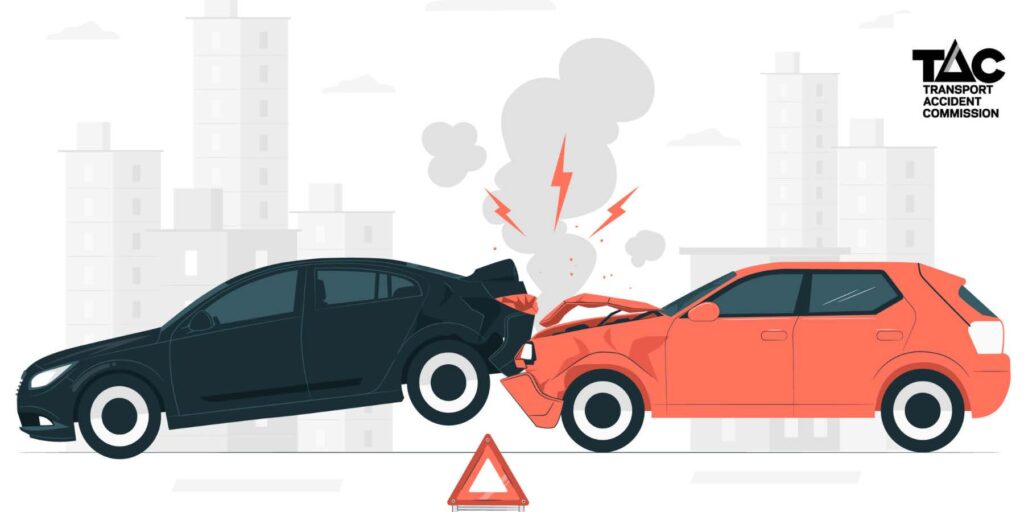In the blink of an eye, a traffic accident can turn your world upside down, leaving you not only with a damaged vehicle but also with potential injuries that can have a lasting impact on your physical well-being. While immediate medical attention is crucial, the journey to recovery often requires more than just
initial treatment. Physiotherapy emerges as a beacon of hope for those seeking a comprehensive and personalised approach to heal from the aftermath of a traffic accident.

Understanding the Impact of Traffic Accidents:
Traffic accidents can result in a wide range of injuries, from whiplash and fractures to soft tissue damage and spinal injuries. The human body is remarkably resilient, but rehabilitation is essential to regain strength, flexibility, and function. Physiotherapy plays a pivotal role in addressing both the visible and invisible consequences of a collision.
The Importance of Early Intervention:
One of the key factors in successful rehabilitation is early intervention. Physiotherapy for traffic accident injuries focuses on initiating treatment as soon as possible to prevent the development of chronic issues. The initial stages of recovery often involve pain management, reduction of inflammation, and the restoration of basic movement patterns. Physiotherapists are trained to assess the unique needs of each
individual, tailoring their approach to optimise recovery outcomes.
Personalised Treatment Plans:
No two traffic accidents are the same, and neither are the injuries sustained during them. Physiotherapy takes a personalised approach, recognising the diverse needs of each patient. A qualified physiotherapist will conduct a thorough assessment, considering the nature and extent of injuries, medical history, and individual goals.
This information is used to create a tailored treatment plan that may include exercises, manual therapy, and modalities like heat or ice application.
Pain Management and Support:
One of the primary goals of physiotherapy is to restore mobility and function to the affected areas. This involves a combination of exercises designed to improve strength, flexibility, and coordination. For individuals with musculoskeletal injuries, such as fractures or joint dislocations, physiotherapy
can help prevent long-term disability and enhance the overall quality of life.
Beyond the physical aspects of recovery, traffic accident victims often experience emotional distress and pain. Physiotherapists are not only experts in physical rehabilitation but also play a crucial role in providing emotional support. Guiding patients through the process of recovery, addressing fears and anxieties, and offering coping strategies.
Conclusion:
In the aftermath of a traffic accident, physiotherapy serves as a beacon of hope, guiding individuals on their road to recovery. By offering personalized treatment plans, addressing both physical and emotional aspects, and promoting early intervention, physiotherapists play a vital role in restoring mobility, function, and overall well-being. As we navigate the challenges posed by traffic accidents, let physiotherapy be the driving force behind a healthier and more resilient future.

